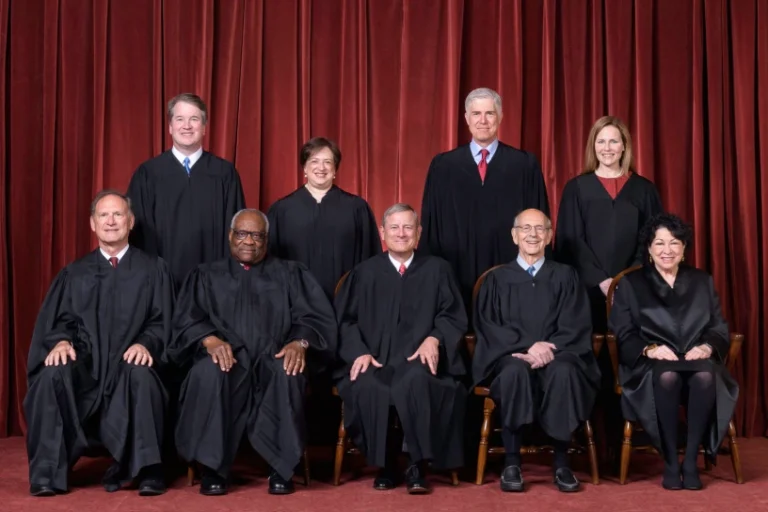Breaking the Cycle of Insular Hiring Practices in Higher Education: Addressing Implicit Bias and Homogenous Leadership
Can we talk about how insular and click we can be in our hiring practices?
Higher education we got a problem, problematic colleagues are in our midsts and have infiltrated safe spaces for underrepresented and minoritized staff.
Research and anecdotal evidence suggest that people often hire those they are comfortable with, who are often within their professional or personal networks. This can result in homogenous leadership, with many leaders resembling one another or being in the same personal and professional circles. Very small circles…
Despite many of our colleagues’ espoused commitment to inclusion, unconscious bias (sometimes conscious) and implicit social cognition play a significant role in this phenomenon. Many leaders believe they are free from bias, yet their choices and actions reflect otherwise. They may actively work to maintain the status quo in their leadership and mentorship practices while claiming to work towards dismantling it.
To combat this, it is crucial to examine the individuals that leaders mentor and support. I say again, it is crucial to examine the individuals that leaders mentor and support. Community service once a year does not equate to a humanitarian award, interacting with a minoritized person once a year at a conference does not allow you to refer to them as close friends. We need to stop giving people a pass and hold them accountable for their actions and non-actions. We must also find ways to detect those who are being disingenuous and incongruent with the values they espouse. We can no longer stand for this type of calculated dishonesty in our field.
Research suggests that implicit social cognition plays a significant role in hiring practices. Implicit bias refers to the unconscious attitudes and stereotypes that individuals hold about certain groups of people. These biases can influence decision-making, including hiring decisions, without the individual being aware of it. Studies have found that individuals are more likely to hire candidates who are similar to them in terms of race, gender, age, and other demographic characteristics. This is known as homophily, or the tendency to form relationships with similar others.
Additionally, research has found that individuals are more likely to hire candidates who they perceive as warm or likeable, which can be influenced by unconscious biases. This can lead to hiring candidates who are similar to themselves, rather than those who are the most qualified for the job. I struggle with this for different reasons. Why do minoritized people have to be better than to be on par? Perhaps, evidence that our profession is truly moving in a direction of inclusion and equity and when we can hire mediocre people of color and they still enjoy success.
Moreover, research also suggests that interviewees are more likely to be hired if they are from the same race and social class as the interviewer, and if the interviewer perceives them as similar to themselves. This is known as the similarity-attraction effect. I am acutely aware that I not only look different from most of my colleagues, I think differently, laugh differently, and speak differently – and although we become skilled code-switchers at some point, just don’t want to anymore.
In short, research suggests that implicit biases and implicit social cognition can play a significant role in hiring practices and can lead to homogenous leadership, where individuals hire those who are similar to themselves, rather than the most qualified candidates.
Recommended Readings
Huang, L., & Galinksy, A. D. (2016). Similarity-attraction in the hiring process: How and when candidate-employer demographic similarity affects job offer decisions. Journal of Applied Psychology, 101(9), 1297-1313.
Kostova, T., & Roth, K. (2019). The role of leader-follower demographic similarity in leader emergence: A social identity perspective. Academy of Management Journal, 62(1), 68-98. doi:10.5465/amj.2015.0202
Li, Y., & Huang, L. (2018). The impact of candidate-employer demographic similarity on selection decisions: The moderating role of applicant race. Journal of Applied Psychology, 103(4), 480-493. doi:10.1037/apl0000283







